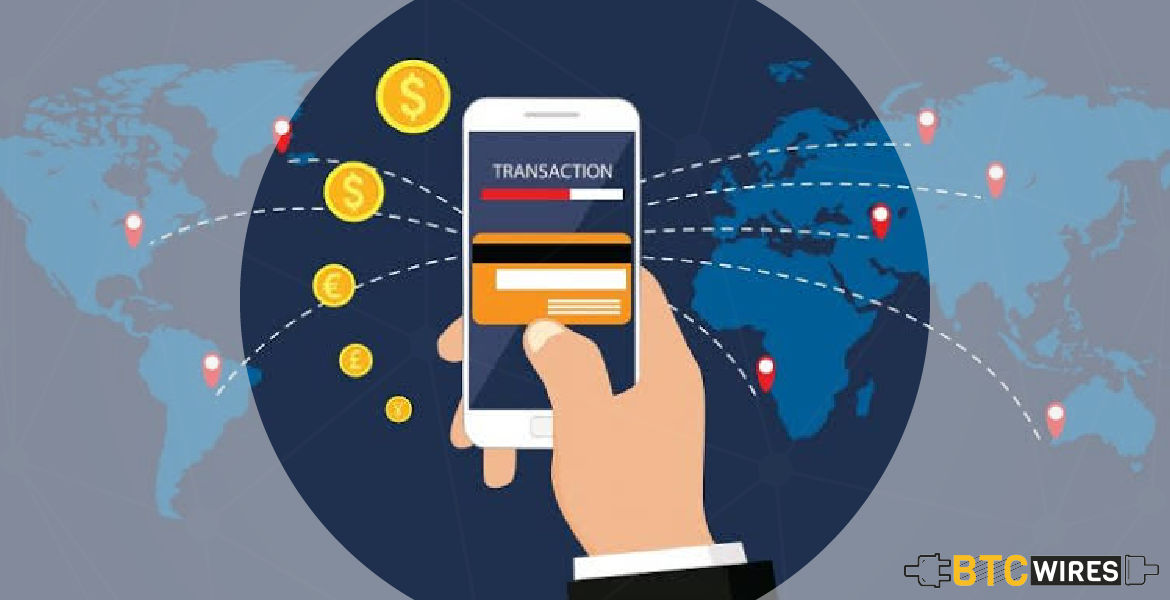For countries on the incremental curve of development, challenges are

For countries on the incremental curve of development, challenges are many and solutions few. To tackle the ever-increasing problems of transportation, energy distribution, payments management and a host of other areas, these countries could really do with a new technology that offers efficient, cost-effective service without compromising on its security and transparency, for those are absolute must-haves in countries already struggling with issues regarding governance and administration. Blockchain is such a technology that can be the solution to most, if not all, of their woes. To have a look at how rapidly blockchain is growing in these countries, it is essential to first have a look at all the reasons why developing countries need blockchain tech in the first place. Having established the need for it, we will have a look at how developing countries are embracing this technology.
How can blockchain technology aid developing countries grow?
Developing countries often lack adequate infrastructure to cover their length and breadths, meaning that a large section of their population often goes without having any access to a bank or an ATM all their lives. With blockchain, if implemented, people of these emerging economies can be given access to a wide range of financial services that are secure and cheap. Moreover, blockchain supports cryptocurrencies that are mostly immune to problems such as hyperinflation. Therefore, it is no wonder that countries like Zimbabwe and Venezuela have turned to crypto to save the sinking ships that were their economies.
If we take a deeper look, the fourth revolution in industries that blockchain is about to fuel, will disrupt the current financial set-up and this will help create a large number of jobs, thereby addressing the unemployment issue that plagues a number of these countries. Finally, many developing economies are characterised by weak or inefficient governance, addled with corruption and other issues. With the decentralization it incorporates, it seeks to offer an alternative model of trust that is frequently missing in many governments of the developing countries.
Have developing countries begun to embrace blockchain and cryptocurrencies?
As for developing countries’ adoption of blockchain, the results are mixed and can hardly be said to be uniform a across the world. Some countries, like Venezuela that has been facing a terrible hyperinflation that’s threatening to rip apart its fledgling economy, blockchain-powered cryptocurrency is the answer. With their new token Petro, they are desperately clinging onto the last semblance of hope they have to save their struggling economy. Zimbabwe, another developing nation, has a similar but less desperate story to tell. Burdened with extreme cash shortages, the country could really do with support from the crypto sector and as their newly appointed Finance Minister announced in September, they are indeed looking at such an alternative solution, even resolving to try and develop a crypto division in the Reserve Bank of Zimbabwe.Philippines is another developing country that is fast becoming a hotbed of blockchain tech. As ConsenSys business development head for the Asia-Pacific recently opined, it is quickly turning into “Asia’s sandbox for blockchain”. Philippines will soon be hosting a blockchain fair in Manila, with their boxing legend and Senate member Manny Pacquiao even launching his own crypto coin. Clearly, the use of blockchain in these developing countries is in a definite upswing.
However, this pattern is not universal. In India, for example, lack of regulation around blockchain is reportedly forcing many blockchain developers fly the coop and set shop elsewhere. Clearly, there remains a long way to go with regard to growth of blockchain in developing countries, but with the immense need for it, adoption is also growing in a decent speed.

